Even contacts made for overnight use can hurt your eyes
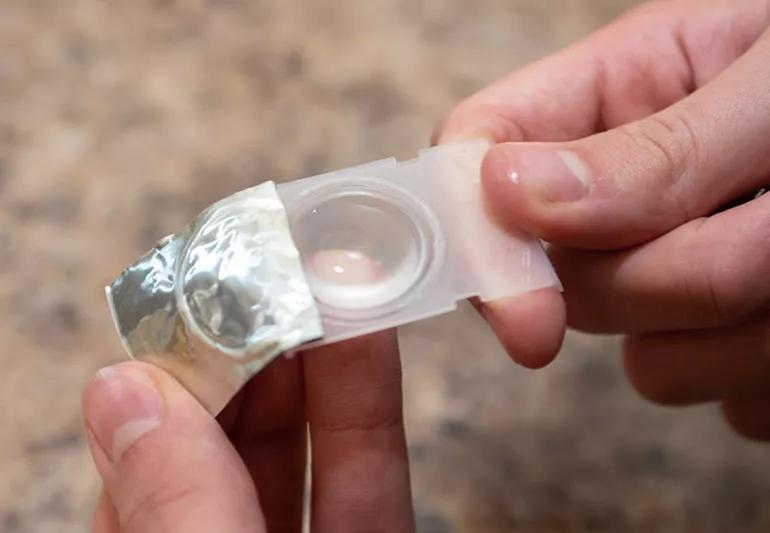
Your daily contact lens routine may seem to be working well. But experts say some common practices can be threatening to eye health.
Cleveland Clinic is a non-profit academic medical center. Advertising on our site helps support our mission. We do not endorse non-Cleveland Clinic products or services. Policy
“It’s a lack of information,” says ophthalmologist Jeffrey Goshe, MD. “People aren’t being told to do most of the things that are standard for contact lens care.”
Dr. Goshe shares these do’s and don’ts for safe contact lens use.
When you’re tired, spending the time to take out your contacts can feel like a chore. But sleeping with them in reduces oxygen flow to the eye and puts you at risk for infections.
“Despite what manufacturers say about lenses that are safe to sleep in, almost every study of contact lens-related infections found a strong link between the risk of infection and sleeping in contacts,” Dr. Goshe says.
“There are newer lenses that are approved for continuous wear up to 30 days, but I still recommend that my patients remove their contacts on a daily basis.”
“If your contact lenses are too loose or too tight, you can have problems,” says Dr. Goshe.
People may not realize that the fit of their lenses can change throughout their lives, and an annual check-up can determine if adjustments should be made.
When you jump around from doctor to doctor based on who’s offering a glasses coupon, it’s harder to keep track of your eye health over time. If you do have problems, go to an optometrist or ophthalmologist, not an urgent care center.
“Some people say they wear them until they feel like they need to be changed – but that’s a sign that something bad has already started to happen,” Dr. Goshe says. That could be an abrasion to your cornea or bacteria building up on the inside of your lens, for example.
“If your lenses are designed to be replaced every two weeks, you should replace them at least that often,” Dr. Goshe says.
Never rinse your contacts with tap water or stick them in your mouth. Tap water is not sterile and may contain organisms that can cause very severe infections.
Contact lenses should be cleaned with a commercial contact lens solution, following the instructions provided by the manufacturer. Clean and dry your case each day and fill it with new solution rather than “topping off” the solution from the previous day.
“If you are experiencing pain, redness, blurriness or light sensitivity, your eyes may be having a problem that requires medical attention,” Dr. Goshe says.
As a rule of thumb, if any of these symptoms persists for more than 24 hours, it’s time to see an optometrist or ophthalmologist as soon as possible. If the symptoms are severe, you should be seen immediately.
“If treated promptly, the majority of contact lens-related problems don’t lead to long-term vision problems,” Dr. Goshe says. “However, in severe cases, scarring, reduced vision, or blindness can result.”
By knowing the facts, you can comfortably wear contact lenses without strain or injury to your eyes.
Learn more about our editorial process.

This powerful carotenoid can help with your eye and skin health, LDL reduction and cognitive function

Found in colorful foods like spinach, corn and oranges, this carotenoid helps with eye, skin and liver health

It’s critical to have the proper eyewear if you plan to look up at the sun, especially during the total solar eclipse on April 8, 2024
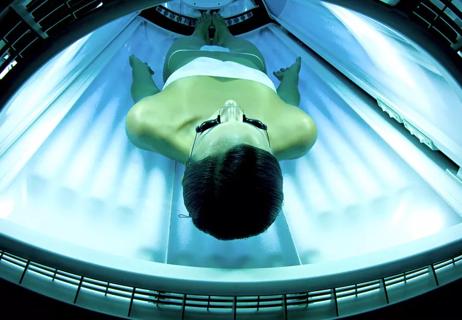
The simple, straightforward and hard-lined answer is no
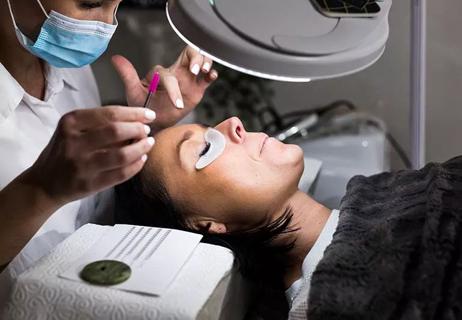
Allergic reactions and overprocessing are just a couple things to keep an eye out for
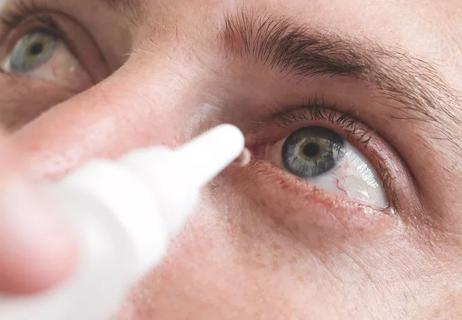
Act quickly when a chemical or object gets in your eye
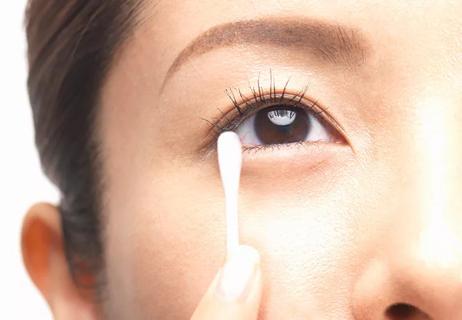
Mucus fishing is the latest trend on TikTok and Instagram. But here’s why you shouldn’t do it
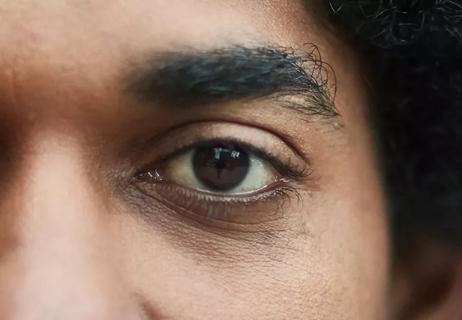
Common causes for repetitive spasms of your eyelid muscle

Your metabolism may torch 1,300 to 2,000 calories daily with no activity

A gentle touch in all the right places may help drain your sinuses